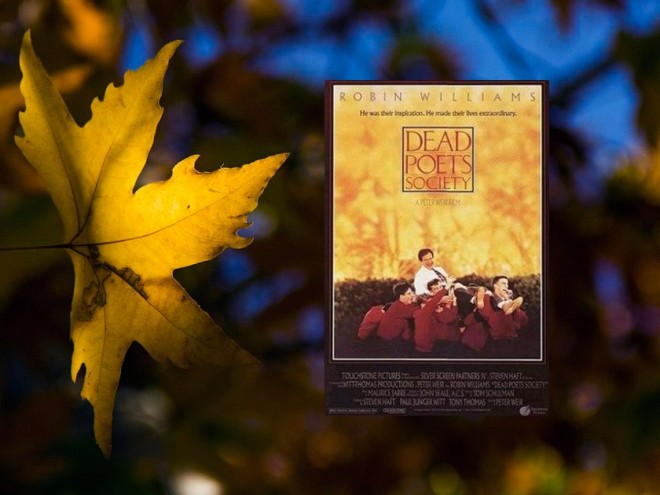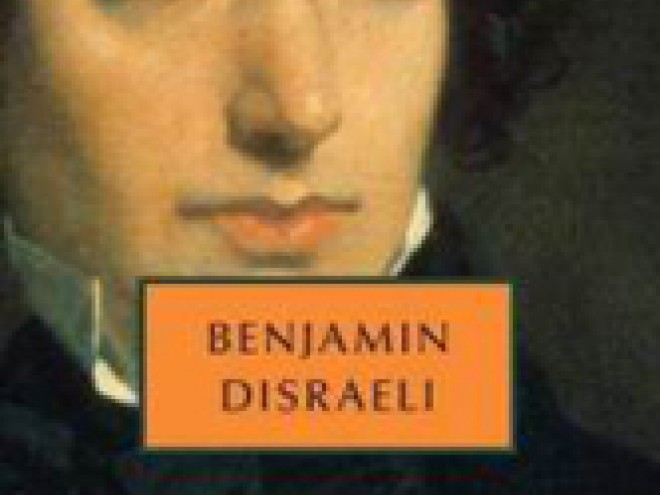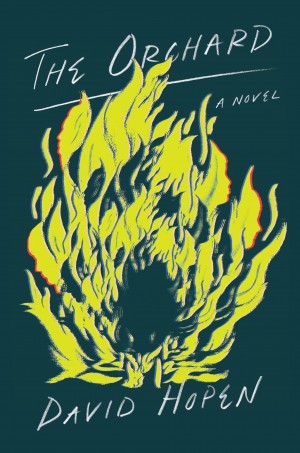In his new collection of poems, The Discarded Life, the poet and literary critic Adam Kirsch meditates on childhood moments that are filled with recollections of the 1980s. Kirsch writes about yearning for the older, simpler times when he remembers eating at an old diner, but then he realizes that he most likely misremembers the details and assumes the past was better than it might have been.
The Discarded Life is made up of forty poems that are numbered without titles, and all poems are of a similar length and written in a very conversational blank verse. This structure allows the book to be accessible, and many of the poems will return readers to the nostalgia of youth through Kirsch’s rich metaphors and imagery.
Kirsch takes readers back to childhood fears: getting stuck in the wrong elevator in the second poem, or in the fifth poem worrying about “having to navigate the world alone” when getting lost from one’s parents, followed by success and pride from figuring out one’s surroundings. Kirsch’s poems move from moment to moment in a chronology that shows both a yearning for the past and a sense of accomplishment from having solved problems on one’s own.
As his poems narrow in on specific narrative moments, Kirsch acknowledges that some experiences in life expose themselves and stick with him more than others. Poem 11 focuses on the aftermath of the death of a child when the speaker was young and how the memorial created for this child essentially had less meaning as years passed, causing the speaker to contemplate how humans and memory fade with time. Kirsch reflects on the significance of meaningful objects from childhood and how those objects have impacted his worldview. When writing about his bottle cap collections, Kirsch writes, “Like heraldry or Kabbalistic symbols, / The bottle caps were emblems of a world / Endlessly rich in meanings and in kinds … ” Kirsch considers the objects and experiences of his past to better examine how he developed his ideas about the world.
These early childhood revelations and epiphanies tend to focus on permanency, remorse, and relationships with others and oneself. These younger moments lead up to the speaker’s Bar Mitzvah, which is detailed in poem 18, and contrasts the physicality of the Torah with his inability to remember his Torah portion or the tropes over time. Some poems after this moment begin to contemplate God and the ways of the world. In poem 20, Kirsch writes,
If I could play with the idea of God,
Who was more godlike? Maybe disbelief
And metaphor are twin discoveries,
Clinging to one another as they plunge
In the abyss of correspondences—
The speaker’s wrestling with religion, memory, and identity help him determine what he values in order to gain more meaning for his life. Kirsch often writes with certainty about beliefs and makes declarative statements about life, such as in poem 32:
The only education that remains,
When what we learn betrays its uselessness,
Are moments of resistance and defiance,
The counter-pressures that define a self—
Kirsch’s poems place moments of life under a magnifying glass and examine the slight sides and otherwise unnoticeable cracks or pearls in mundane experiences. The Discarded Life is a brief, contemplative examination on how one’s past impacts one’s future trajectory and beliefs.
Jamie Wendt is the author of the poetry collection Laughing in Yiddish (Broadstone Books, 2025), which was a finalist for the 2022 Philip Levine Prize in Poetry. Her first book, Fruit of the Earth (Main Street Rag, 2018), won the 2019 National Federation of Press Women Book Award in Poetry. Her poems and essays have been published in various literary journals and anthologies, including Feminine Rising, Catamaran, Lilith, Jet Fuel Review, the Forward, Minyan Magazine, and others. She contributes book reviews to the Jewish Book Council. She won third prize in the 2024 Reuben Rose Poetry Competition and won second prize for the 2024 Holloway Free Verse Award through the Illinois State Poetry Society. Wendt holds an MFA in Creative Writing from the University of Nebraska Omaha. She lives in Chicago with her husband and two kids. Follow her online at https://jamie-wendt.com/ or on Instagram @jamiewendtpoet.




